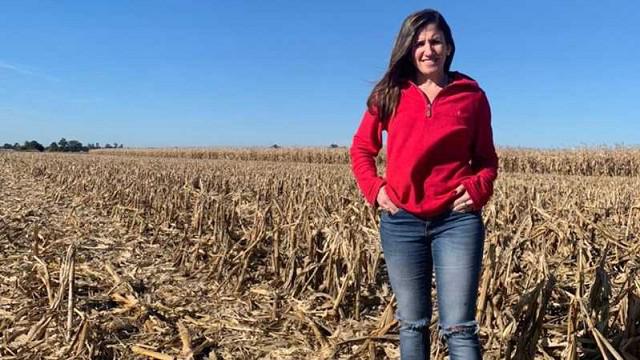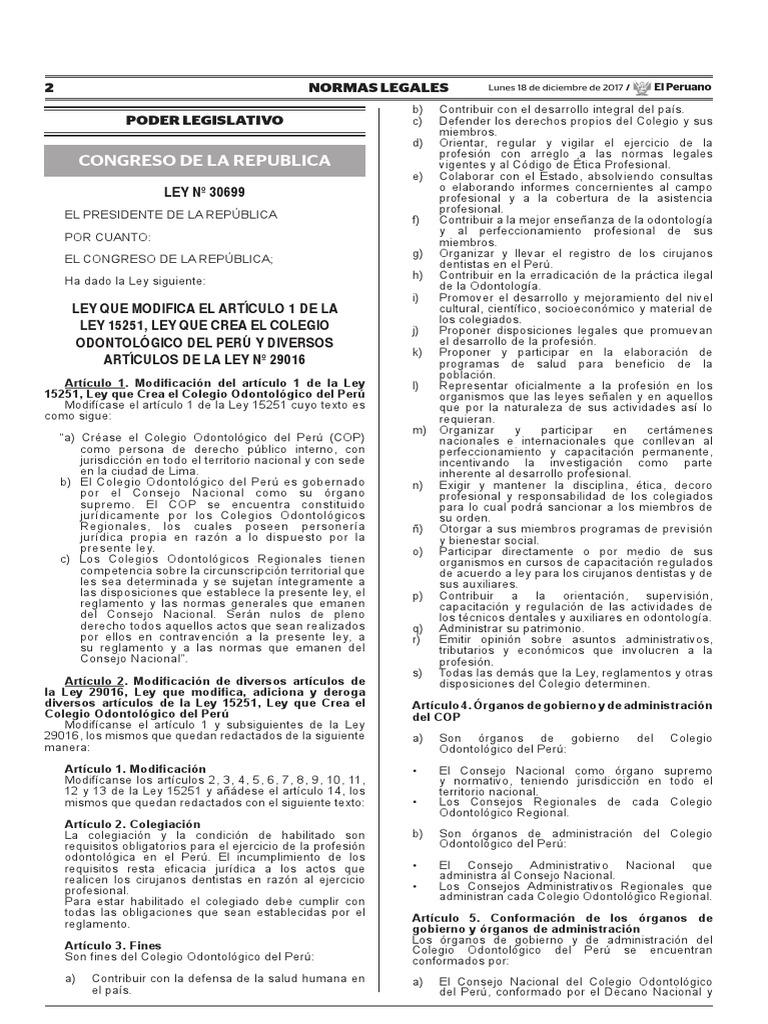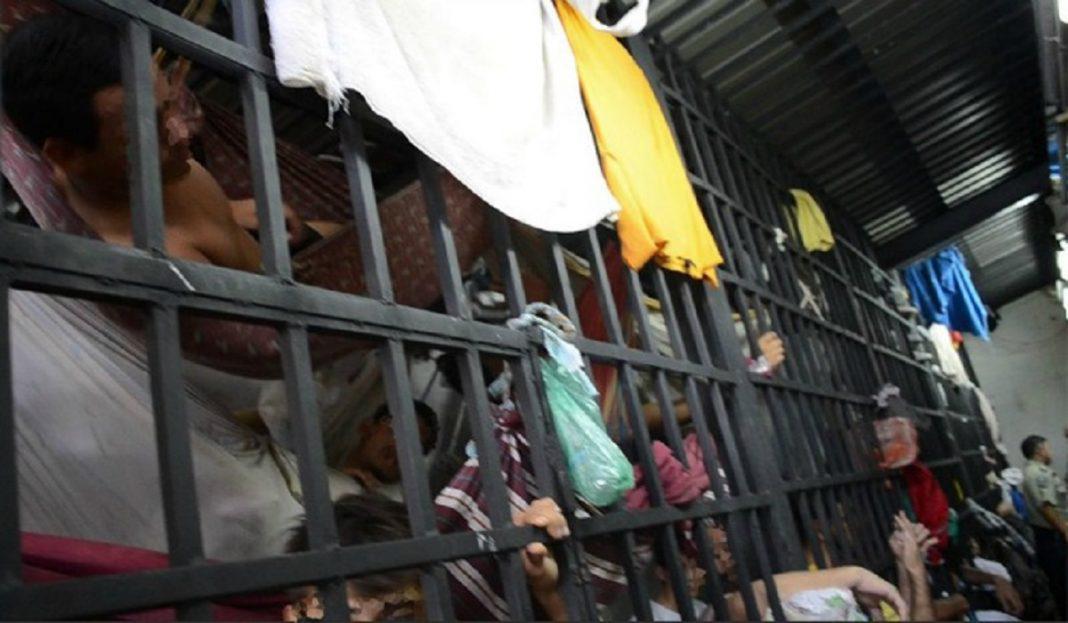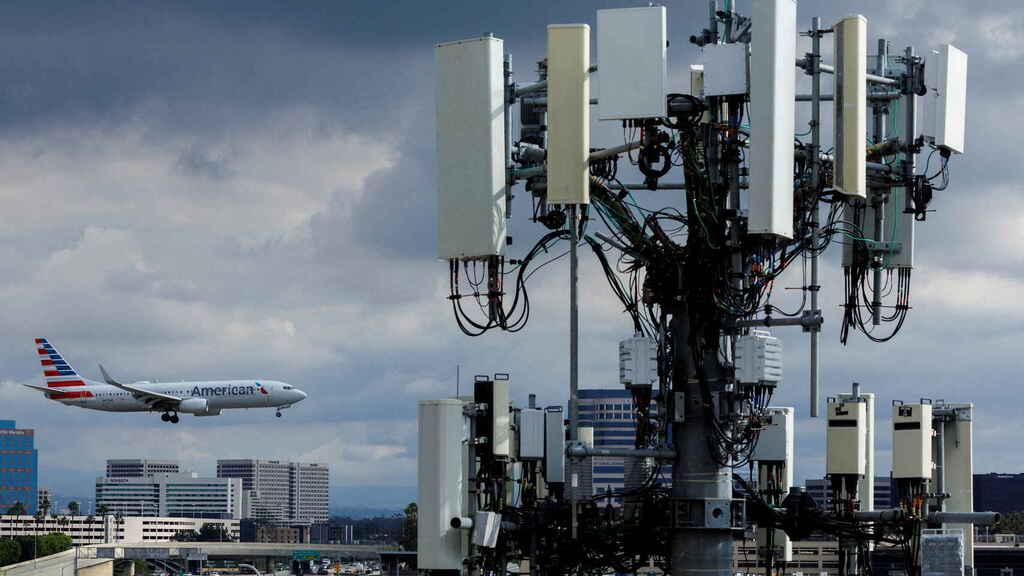“The world subsidizes agricultural production and in our country it is withheld”
In addition, he expressed concern about the immediate future of agricultural activity. “The world subsidizes agricultural production and in our country it is withheld. Obstacles must be released so that people can produce, generate conditions for private work. That generates independence and development”, he maintained.
In another order, he referred to the national government's livestock policy and regarding the latest decisions related to exports, he stated that "it is assumed that there is part that has been released, but we still have to wait until April to see what happens with the cow fattening We need certainty and predictability.”
Are women gaining space in the field?
Women have always worked in the fields, but now she is more visible, she occupies more decision-making spaces. There is also a generational change. Every day there are more women in universities, research fields and others. Today, it is still news when we occupy a decision-making space, because an evolution is missing that I believe, the young people have already done it.
Perhaps it is because work in the fields is associated with physical strength and this leads to the prejudice that it is a male task...
Yes, but let's be realistic. Sometimes it is a job that requires physical strength, but technological advances allow it to be handled in another way and there are many tools. Men and women complement each other, the theme is how to work as a team and not everything goes through the physical.
There was a new meeting between the Minister of Agriculture and the Liaison Table. What is your analysis of the news regarding livestock policy?
On the one hand, it was a little better, but we need more certainty. There is supposed to be a part for exports that was released, but we still have to wait until April to see what happens with the fattening cow. I reiterate, we need certainty and predictability. In an activity like livestock, which is long-term, there is no uncertainty. For April we will see that it will be possible to export at the fat cow level, but within the limit of 24%. For the real development of production and of the country, these limits should not exist, because a greater production would be able to supply the internal market widely and export. The more products you have, due to a matter of supply and demand, the prices here would be lower. It would also generate more foreign exchange income and jobs. For that we need productive economic policies and consistent trade.
How do export restrictions, especially to China, impact the activity and the producer?
Very bad, because in reality, the old cows, which are not eaten at the table of the Argentines, are going to die in the field. In turn, with the possibility of sale and export, it could be reinvested in new and young animals. Profitability was lost because that old animal, which cannot be sold, dies in the field. We already had 10 years of policies that closed meat exports and we know that they brought a loss of heads that has not been recovered. Every day we have fewer cattle and we lose jobs and roots, which cattle ranching generates. This is not good for anyone, because the product is not accommodated in this way, limiting production and exports. There has to be another way, not exactly this one. The products have a 40 or 50% tax and we have to see how it affects the entire chain, logistics and the final price. I think there is a lot to change, but these kinds of policies do a lot of damage.
Are they coming together to resolve issues like the value chain and logistics?
We are not meeting, but I wish the chain would do so to work together. I think to solve the output is out there. But these necessary meetings are not being held.
It gives the impression that there are isolated meetings. With supermarkets, refrigerators, producers and it is not possible to articulate...
Well, but sometimes it's for the benefit of some and not all. They should work for the common good. You mentioned exactly what is done wrong, which is to work and negotiate in isolation and that is how we are in the country. The chain would have to work together, to confront the government in a constructive way. But I think there is pettiness on everyone's part. Each one fixes their problem when in reality you need to do it together. For these things to happen we need a society and political representatives who act in this way.

What happens to the Chinese market that stopped receiving Argentine meat?
Every market that is lost is a space that is occupied by another. It is a basic rule, but now it is being possible to release what is the cow to China. With the closure of exports, other countries such as Paraguay, Uruguay and Brazil have been happy because it was our space and they occupied it.
Regarding the grain policy, withholdings… What panorama do you see?
The exchange rate is terrible, we need it to be only one, because the withholding we have from the government is greater even because of the exchange rate. Withholdings and exchange rate, add up to a lot. The world subsidizes agricultural production and in our country it is withheld. In that sense we need different policies. Today the field invests beyond adverse conditions and uncertainty. There are high prices and it seems that it is an incentive, but in reality they are crumbs. It is losing a lot of what should actually be gained. We know that the gain from what is invested does not come to fruition. When the rules of the game change permanently, you can't replace animals... there are supply problems in the country. Policies are needed to have predictability and work for the long term. Hopefully politicians act up to the circumstances. I think that at the field level we have to generate political representatives. Meanwhile, guide provincial and national legislators to achieve the necessary public policies.
How are rural producers financed? Do they have access to credit?
They have now offered for livestock, but at the agriculture level, if you have grain stockpiled, there are no credits. That is extremely adverse, it does not correspond, it is terrible. If you have more than 5% of the cereal produced, they do not give you access to credit with slightly lower rates for production. The field invests a lot to produce, it is very limited. It's another problem.
Have you suffered attacks on silo-bags in your jurisdiction as have occurred in other parts of the country?
Yes, not just silo-bags. There was also intentional burning of fields. There are other situations of violence that occur, such as theft and slaughter of animals, increasing in rural areas. The region is very complicated, both in rural and urban areas. Insecurity is a problem that we need politicians to solve.
Meat consumption continues to fall. How do you think that the access of the final consumer could be facilitated without the producer losing profitability?
First you have to stop broadcasting. We need to generate genuine work. In addition, another problem is that the Argentine peso is worthless. Meat takes years to produce. Obstacles must be released so that people can produce, generate conditions for private work. That generates independence and development.
What expectations does 2022 awaken in you?
I see a harsh picture. People need to be able to work, quotas and credits to be released to produce. At the level of renewable energies, to develop that as an objective. There is much to be done for the good, for the development of all. You have to get involved and participate, all problems first go through the immediate area, then through the provincial and national levels. The countryside has to understand that it must generate that political and economic power. Beyond the good work of the Liaison Table, political representatives are needed, as is the case in Brazil.
Is it time for a change of perspective?
We need a change of mentality, both of producers and citizens in general, to achieve public policies. Get involved and participate. And it is necessary to communicate, to bring the countryside closer to the city. There are policies that distort the truth, so it is necessary to inform and educate with the truth. Simply show that the field must work with good agricultural and livestock practices, that it is a pole of work, of industrial and economic development. The countryside produces the food for the Argentine table and we have a country with the best conditions. In this region we have the Paraná River, with fresh water, which could expand the productive agricultural area to satisfy internal demand and become the world's supermarket.
Source: Being Industry








